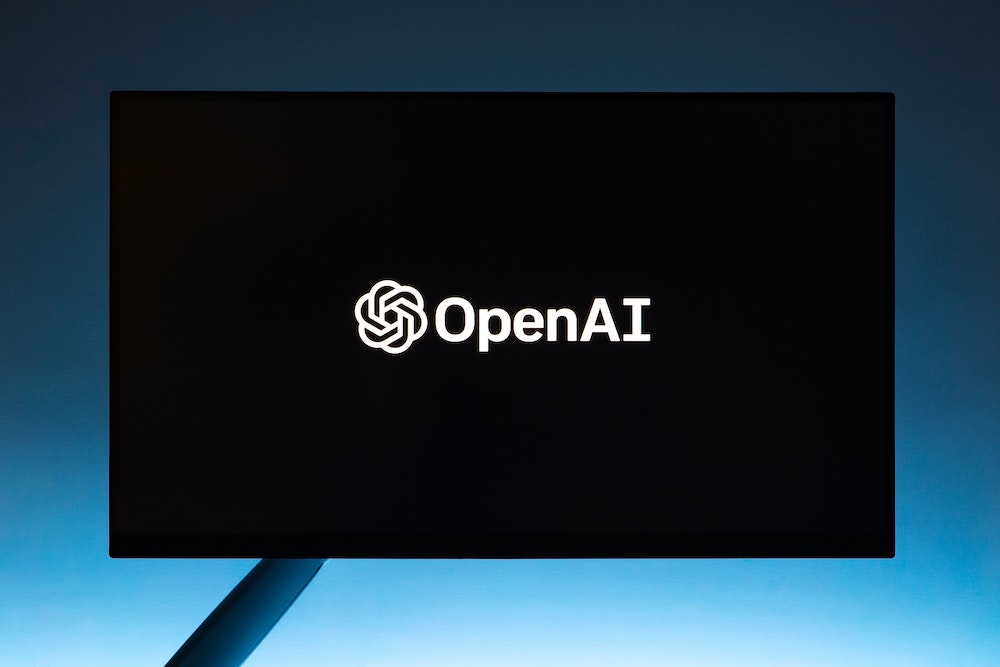Can I invest in ChatGPT? Exploring AI investment possibilities and opportunities in this comprehensive guide.
Artificial Intelligence (AI) has become a prominent technology, revolutionizing various industries and transforming the way we live and work. One of the breakthroughs in AI is ChatGPT, an advanced language model developed by OpenAI. As its popularity grows, many individuals are wondering if they can invest in ChatGPT. In this article, we will explore the possibilities and limitations of investing in ChatGPT, providing insights into the broader landscape of AI investments and potential avenues for interested investors.
Understanding ChatGPT
ChatGPT, powered by the GPT-3.5 architecture, is a state-of-the-art language model designed to generate human-like text responses. It has been trained on a vast amount of data, making it capable of understanding and generating coherent and contextually relevant responses. However, it is essential to note that ChatGPT is a product of OpenAI, a private company, and not a publicly traded entity.
Investing in AI
Investing in AI presents a significant opportunity for investors due to the transformative potential of the technology across various industries. AI has the ability to revolutionize sectors such as healthcare, finance, transportation, and more. Companies that successfully leverage AI technologies can gain a competitive edge, drive innovation, and generate substantial returns for their investors.
However, when it comes to direct investment in ChatGPT, individual investors currently do not have the opportunity to invest specifically in this language model. OpenAI, the company behind ChatGPT, has primarily focused on providing access to the model through API-based subscription plans and partnerships. This means that individuals cannot directly purchase shares or invest in ChatGPT as a standalone product.
Nevertheless, OpenAI itself presents an opportunity for investment. As a leading AI research and development company, OpenAI has attracted significant attention and investment from venture capital firms and technology giants. In fact, OpenAI has raised substantial funding rounds and secured partnerships with major companies, demonstrating its potential for growth and value creation.
For interested investors, exploring opportunities to invest in AI-focused companies, including OpenAI, can provide exposure to the broader AI industry. Investing in companies that are actively involved in AI research and development, AI infrastructure, or AI applications can be a way to tap into the transformative potential of AI. These companies can benefit from the widespread adoption and success of AI technologies, including language models like ChatGPT, as they continue to advance and expand their offerings in the AI space.
Furthermore, investors can consider AI-focused exchange-traded funds (ETFs) or mutual funds that provide a diversified portfolio of AI-related companies. These investment vehicles allow individuals to participate in the growth potential of the AI industry as a whole, rather than focusing solely on one specific AI model or technology. By diversifying their investments across multiple AI companies, investors can mitigate risks associated with individual companies and benefit from the overall growth of the AI sector.
Indirect Investment Avenues
While direct investment in ChatGPT may not be feasible, several indirect investment avenues exist within the broader AI industry, allowing investors to tap into its potential. One of these avenues is investing in companies that are actively involved in AI research and development. OpenAI itself, as a leading AI company, is an attractive investment option. Its expertise in AI, including the development of ChatGPT, positions it well to capitalize on the increasing demand for AI technologies. By investing in such companies, investors can participate in the growth of the AI industry as a whole and potentially benefit from the success of AI-driven products and services.
Another approach is to explore AI-focused exchange-traded funds (ETFs) or mutual funds. These investment vehicles offer the advantage of diversification by investing in a range of AI-related companies. By pooling together investments from multiple individuals, these funds create portfolios that encompass various sectors and applications of AI. This diversification helps mitigate risks associated with investing in individual companies and allows investors to gain exposure to the broader growth potential of the AI industry. ETFs and mutual funds focused on AI typically include companies engaged in AI research, development, infrastructure, and applications, thereby providing a comprehensive and diversified investment option for those interested in the AI sector.
Additionally, investors can keep an eye on the AI ecosystem and identify emerging startups and innovative companies that are making significant strides in the AI space. While these companies may not be publicly traded, they may offer investment opportunities through private funding rounds or venture capital investments. Participating in such investments, either directly or through specialized funds, can provide early access to promising AI startups and potentially generate substantial returns if those companies succeed in their AI endeavors.
Overall, while direct investment in ChatGPT is not currently available, investors have several indirect avenues to consider within the broader AI industry. By investing in AI-focused companies, AI ETFs or mutual funds, and exploring opportunities with promising AI startups, investors can position themselves to benefit from the transformative potential of AI technology. However, as with any investment, it is crucial to conduct thorough research, assess risks, and seek professional advice to make informed investment decisions in the AI sector.
Risks and Considerations
Investing in AI, like any other investment, comes with its own set of risks and considerations. It is crucial to evaluate the financial health and performance of companies involved in AI before making any investment decisions. Additionally, regulatory and ethical concerns surrounding AI, including data privacy, algorithmic bias, and transparency, should be taken into account.
Furthermore, the AI landscape is highly competitive and rapidly evolving. New breakthroughs or advancements in AI technology could disrupt the market and impact investment returns. Therefore, it is essential for investors to stay informed about the latest developments in AI and assess the potential risks associated with their investments.

While investing directly in ChatGPT may not be feasible for individual investors, there are various ways to indirectly participate in the AI revolution.
Can I Invest in ChatGPT? Frequently Asked Questions
Can I buy stock for ChatGPT?
No, you cannot buy stock specifically for ChatGPT. ChatGPT is a product developed by OpenAI, a private company, and it is not publicly traded on the stock market.
What Company Owns ChatGPT?
ChatGPT is owned by OpenAI, an artificial intelligence research laboratory and company. OpenAI was founded in December 2015 and has made significant contributions to the field of AI.
What is Elon Musk’s AI Company?
Elon Musk is not directly associated with OpenAI. However, he was one of the co-founders of OpenAI and served as a co-chair of the company’s board until he stepped down in 2018. Elon Musk is also the CEO of Tesla, SpaceX, Neuralink, and The Boring Company, which are separate entities from OpenAI.
Is ChatGPT Open Source?
No, ChatGPT is not open source. OpenAI has released various versions of their language models, including GPT-3, but the underlying technology and infrastructure powering ChatGPT are proprietary and not freely available to the public. OpenAI has primarily focused on providing access to ChatGPT through API-based subscription plans and partnerships rather than open sourcing the model.
Final Thoughts
While investing directly in ChatGPT may not be feasible for individual investors, there are various ways to indirectly participate in the AI revolution. By investing in AI-focused companies or AI-related funds, individuals can tap into the potential of this transformative technology. However, investors must conduct thorough research, consider the associated risks, and consult with financial professionals before making any investment decisions. Investing in AI requires a long-term perspective, as the true impact of AI is expected to unfold gradually in the coming years.
- Chat GPT for Flights: Revolutionizing Air Travel with AI - July 25, 2023
- Best Tattoo Artists in Fort Worth: Discover Fort Worth’s Finest - June 28, 2023
- Chat GPT for Mac: Unlocking New Conversations with AI - June 19, 2023


